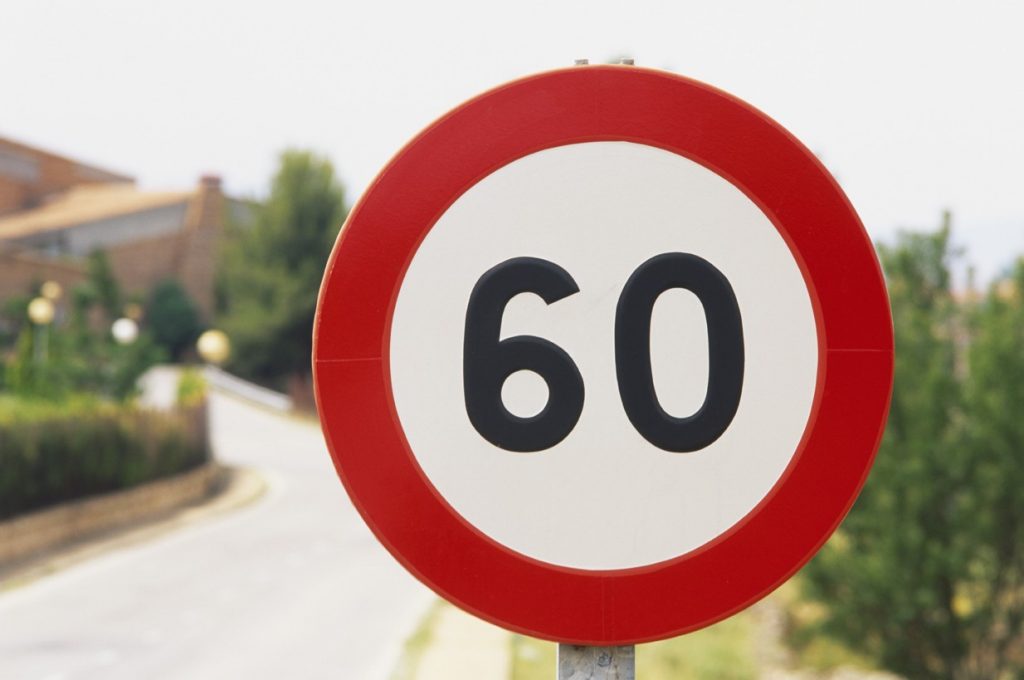Vaccinated tourists from all over the world are now allowed to visit Spain.
The new norm came into effect on Monday after being published in the Spanish Official Gazette (BOE) on Saturday.
Travelers have to be fully vaccinated – that is, have both doses when applicable – at least 14 days before their journey.
This rule applies to the jabs accepted by either the European Medicines Agency (EMA) or the World Health Organization (WHO): Pfizer, Moderna, AstraZeneca, Janssen, Sinopharm, and Sinovac-Coronavac.
All tourists coming by air or sea will have to fill out a form on the Spain Travel Health website or app in order to “facilitate tracking those passengers that need to be contacted.”
People over the age of six visiting after crossing the land borders and coming from countries with an especially high risk of Covid-19 will have to show a document such as a vaccination certificate, a negative Covid-19 test, a certificate of recovery after having had the disease, or the EU Digital Covid-19 certificate. Any of these work for travelers coming from the Union or the rest of the world.
Antigen tests, and not only PCRs, will now also be accepted when a Covid-19 test is needed to enter the country.
This means that from Monday, Spain will begin to test the EU Digital Covid-19 certificate, which confirms whether a passenger has either been vaccinated, has already had the disease, or has a negative PCR test.
The measure is set to boost the local tourism sector, which has been badly hit by the pandemic. On June 15, El Prat Terminal 2 in Barcelona, Catalonia will reopen.
Brazil, South Africa, India
These rules will not affect those coming from Brazil, South Africa, and India due to the high rate of Covid-19 variants there.
In the latter, a ten-day quarantine is required upon arrival, which can be reduced to seven if they can provide proof of a negative test. This norm applies until at least June 12.
If coming from Brazil or South Africa, only Spanish nationals and residents in Spain are allowed. This applies at least until June 22.
Countries especially at risk of Covid-19 (from June 7 to June 20)
Either of the above documents will be needed if coming from one of these countries:
EU/EEA
Germany
Austria
Belgium
Bulgaria
Czech Republic
Cyprus
Croatia
Denmark
Slovakia
Slovenia
Estonia
Finland (except for regions Åland and Länsi-Suomi)
Greece
Hungary
Ireland
Italy
Latvia
Liechtenstein
Lithuania
Luxembourg
Norway (except for region Nordland)
The Netherlands
Poland
Portugal
Romania
Sweden
All countries outside EU/EEA except for:
Australia
China
South Korea
Israel
Japan
New Zealand
UK
Rwanda
Singapore
Thailand
Hong Kong
Macau
See also Spain travel guide











